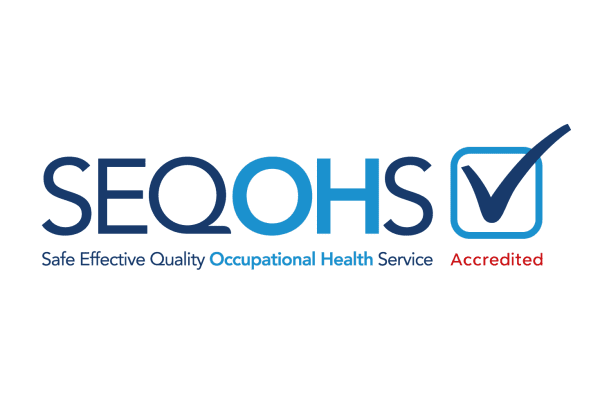Ill Health Retirement (IHR) is a crucial mechanism that provides a path for employees whose physical or mental health permanently prevents them from carrying out their job. For employers, navigating the process of granting IHR requires objective, medical evidence. This is where a robust Ill Health Retirement assessment becomes essential.
The decision to grant IHR is rarely straightforward and, unfortunately, applications are frequently subject to appeals, complaints, and rigorous scrutiny by Pension Trustees. This is why partnering with an experienced provider like Everwell Occupational Health is key to ensuring a fair, legally compliant, and well-supported process.
Everwell completes comprehensive IHR medical assessments for a wide range of different schemes, understanding that the process needs to be exceptionally thorough. Their experience highlights why many applications are initially turned down—knowledge that is vital for employers to have before starting an application.
Why Do Ill Health Retirement Applications Fail?
Everwell’s work has identified three primary reasons why Pension Trustees often reject IHR applications:
- Lack of Evidence for Reasonable Workplace Adjustments A common oversight is failing to demonstrate that all reasonable workplace adjustments have been fully investigated and attempted. Trustees often require concrete evidence that the employer has done everything possible to keep the employee in their role. If there is no recent Occupational Health report supporting that adjustments were considered and ruled out, the application may be deemed premature.
- Incomplete Exploration of Medical Interventions IHR is generally intended for permanent incapacity. If an individual is due to undergo further medical treatments, such as an operation, new medication, or specialist therapy, and there is a real prospect that their condition could improve, an application may be rejected. Making an application before all reasonable medical avenues have been exhausted is a common mistake.
- Capacity for Alternative Work The criteria for IHR vary by pension scheme, but many require an individual to be incapable of doing any other work within the scope of the employer, or even any gainful employment at all. If the individual could be redeployed to a different role that accommodates their health condition, they may not qualify for early IHR. A thorough assessment must consider the employee’s ability to perform other duties, not just their current role.
The Everwell Approach
To mitigate the risk of appeals and ensure a fair process, Everwell Occupational Health focuses on producing meticulous reports that directly address the specific criteria of the relevant pension scheme. Their team of medical experts provides the objective, detailed evidence employers need to support the Pension Trustees’ decision-making.
By addressing the pitfalls above—and guiding the employer on what documentation and investigation is required before the assessment—Everwell helps to streamline a complex and emotionally sensitive process, offering confidence and clarity for both the employer and the employee.
If you are an employer looking for robust, defendable ill health retirement assessments, you can learn more about their services and contact their team directly by visiting: Everwell Ill Health Retirement Assessments.



